Interested in practicing medicine, but not necessarily for humans? If you need additional preparation before applying to veterinary school, you may be wondering what your options are. The good news is that most pre-medical post-bacc programs offer the science foundation you need to improve your standing as a candidate. The Tiber Health Master of Science in Medical Sciences (MSMS), available at colleges and universities around the United States, takes this preparation one step further, covering many of the same academic topics students in a Doctor of Veterinary Medicine (DVM) take in their first year.
Here are the basics of getting into a veterinary medicine program, plus information about what you’ll learn when you get there, and where a DVM can take you in your career.
How Many Colleges of Veterinary Medicine Are There, and How Many Students?
The American Association of Veterinary Medical Colleges (AAVMC) reports that, as of 2022, there are 32 colleges of veterinary medicine (CVMs) in the U.S. and Canada. These schools graduate approximately 3,200 new DVMs each year. A look at the AAVMC’s map of member institutions shows that most CVMs are located east of the Mississippi, so if you live in the western part of the U.S., you are more likely to have to move to attend a DVM program.
According to the AAVMC, the nation’s CVMs admit about 3,000 new DVM students each year. They note that there is “a pervasive myth” that getting into veterinary school is harder than getting into an MD program. They also note that “nearly 50 percent of those who apply to veterinary medical school end up attending”. The American Association of Medical Colleges (AAMC) reported that approximately 42 percent of MD program applicants were accepted during the 2022-23 cycle, so getting into veterinary school is about as hard as gaining admission to an MD program.
Vet School Requirements – GPA, Standardized Test Scores, Prerequisites
AAVMC statistics show that the mean GPA of students accepted to veterinary school in 2022 (slide 3) was 3.6, with a mean science GPA of 3.5. There is no veterinary equivalent of the Medical College Admissions Test (MCAT), and only 10 schools require the Graduate Record Examination (GRE) for admissions. So, you are unlikely to need to spend time and money studying for a standardized test as you prepare to apply to vet school.
When it comes to your undergraduate major, veterinary schools are like MD programs—you can major in whatever subject interests you, so long as you take the right prerequisites in science and math. The AAVMC publishes a list of prerequisites for all its member schools. The 2020 edition of the list shows that virtually all U.S. CVMs require the following:
- Biology
- General chemistry
- Organic chemistry
- Physics
- Biochemistry
- Calculus
- Statistics
Several U.S. DVM programs also require courses in genetics and anatomy and physiology—note, however, that human anatomy and physiology is acceptable. Most U.S.-based programs also recommend taking upper-level science electives. If you’re still in an undergraduate program, see if you can add zoology or another course focused on animals, such as marine biology, to your schedule.
What You Learn in a DVM Program
Veterinary medical school lasts four years and is structured in a similar manner to MD or DO programs. Students spend the first two years completing science and clinical coursework, then move on to clinical rotations. The coursework in the first year of a DVM program closely mirrors that of an MD program (or many other professional health programs): students will take histology, pathology, immunology, and more. DVM-specific courses may include comparative anatomy, veterinary nutrition, or parasitology.
Second-year coursework focuses on systems, which is also similar to what happens in an MD program. However, veterinary students taking a gastroenterology or neurology course will examine systems across different species. Students are also likely to learn principles of surgery and clinical imaging techniques during this year.
Most DVM programs allow students to focus on specific categories of animal in their third and fourth years. For example, Iowa State University’s CVM offers the following pathways:
- Small animal
- Equine (horses)
- Food animal
- Mixed animal
After graduation, new DVMs must obtain a license to practice. First is the North American Veterinary Licensing Exam, a 360-question multiple choice exam. Most states also require a separate licensure exam. Once a DVM has passed their boards, they can begin practicing right away. If they want to pursue board certification and a specialty, however, they must complete an internship and a residency.
Career Options and Outlook
While most people think of veterinarians as people who look after pets, the truth is that they play a wider range of roles than that. Veterinarians care for working animals, such as horses, and help ensure the safety of the food supply and prevent outbreaks that can threaten public health. Veterinarians in zoos and wildlife refuges support greater understanding of animals from around the world and conservation efforts.
The U.S. Bureau of Labor Statistics (BLS) projects that job openings for veterinarians will grow by 20 percent over the 2022-2032 period, resulting in approximately 5,000 job openings per year due to population growth and retirement of current veterinarians.
How Our MSMS Program Can Prepare You for Veterinary School
Earning your Master of Science in Medical Sciences with a Tiber Health university partner can help you build a stronger academic foundation for veterinary school. Our curriculum mirrors the first year of coursework at an LCME-accredited medical school, and covers many of the graduate-level science courses included in the early years of a DVM program.
While you will need to pursue veterinary-specific extracurricular experience, such as shadowing and volunteering in veterinary settings, you will have developed the clinical reasoning all healthcare professionals need—even those who treat our four-legged friends.
Get started today: Find a Tiber Health MSMS university partner near you!



